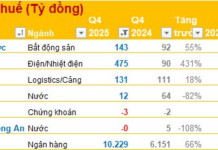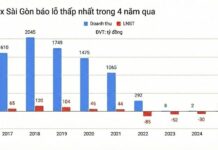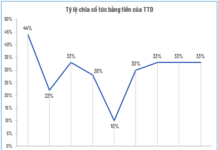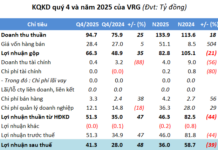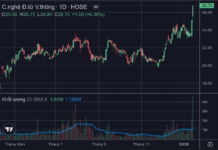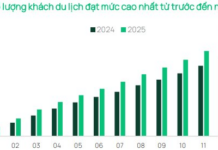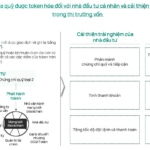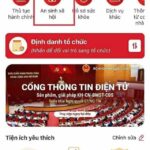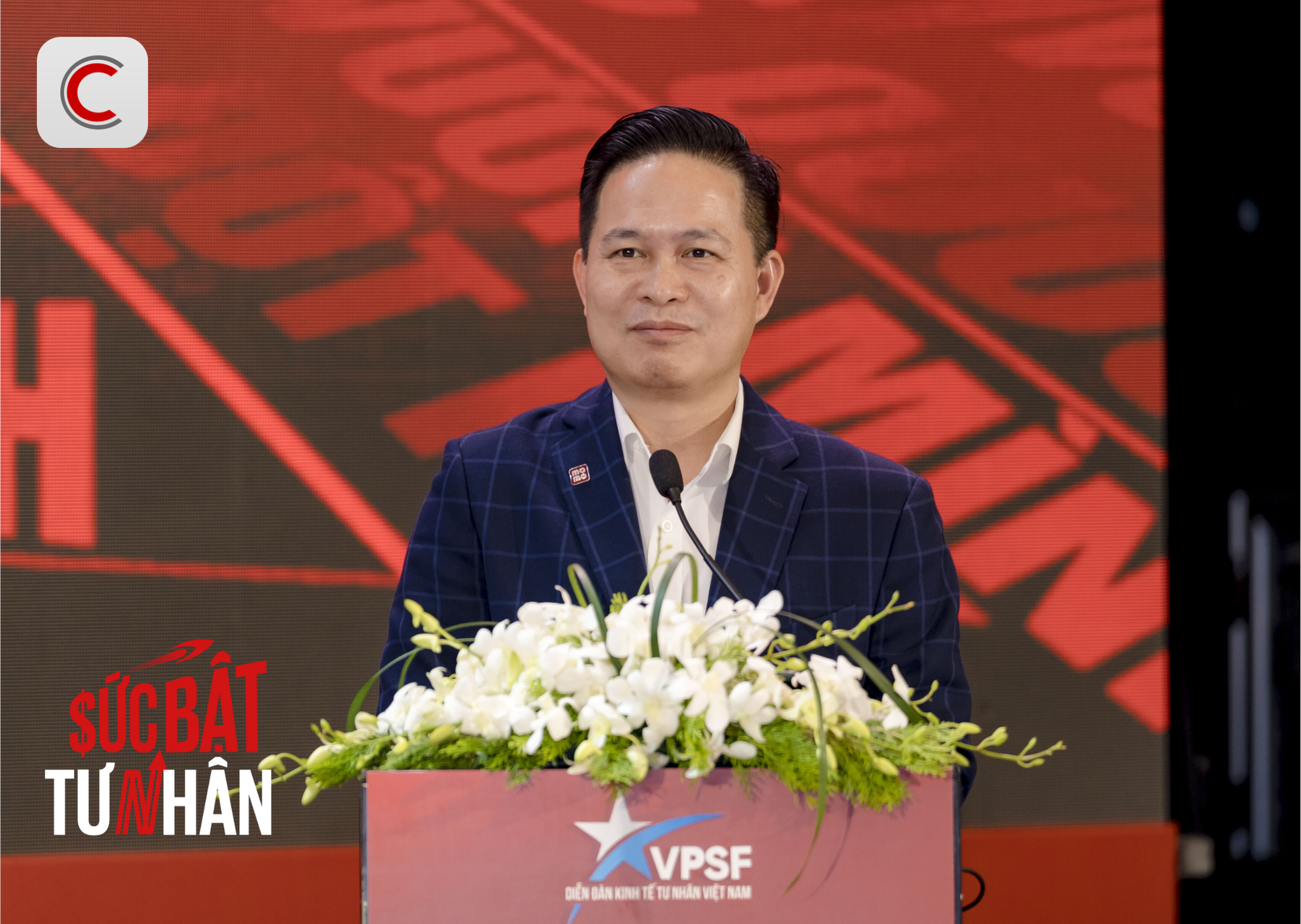
Mr. Nguyen Ba Diep, Co-founder of MoMo
On the afternoon of September 15th, the Vietnam Young Entrepreneurs Association hosted the Ministerial Dialogue Session – Vietnam Private Economic Forum 2025. During the session titled “Science, Technology, and Innovation – The Catalyst for Growth,” Mr. Nguyen Ba Diep, Co-founder of MoMo, emphasized that Vietnam aspires to have world-leading technology companies. However, few are aware that Vietnam’s fintech capabilities are on par with, and in some cases surpass, those of global leaders like the U.S. and Europe. Mr. Diep proudly noted that Vietnam has four unicorns, all of which are fintech-related.
According to Mr. Diep, the primary goal of fintech is to leverage technology to provide equal access to financial services for all, especially those underserved by traditional banks.
Addressing financial inclusion, Mr. Diep highlighted that while Vietnam has approximately 55 million working-age individuals, only about 30% receive salaries through the banking system. This is due to their inability to prove formal income or provide collateral, hindering their access to capital.
Fintech is currently playing a crucial role by creating a “creditworthy” model using collected data, enabling banks to reach these individuals and helping small businesses digitize their operations and access financial services.
Mr. Diep outlined the four most prevalent fintech sectors: Digital Payments and Banking, Loan Access and Asset Management, Regulatory Compliance Insurance, and Blockchain and Data. To foster fintech growth, he proposed the following:
A “Midwife” Model for Fintech (Single Point of Contact):
Currently, fintech companies often need approvals from multiple ministries and agencies. Mr. Diep suggested a single point of contact for fintech firms and businesses to streamline processes, allowing them to focus on their core expertise rather than bureaucratic reporting.
Countries like South Korea, China, Japan, and the U.S. have demonstrated that a single coordinating unit is key to fostering sectors like science, technology, and fintech.
Open Data and Open API:
Mr. Diep advocated for a legal framework supporting Open Data and Open API, enabling seamless connectivity between banks, securities firms, insurers, and fintech companies. Utilizing non-traditional data can enhance scoring models, asset management, money market funds, and digital insurance. For instance, open data could verify an individual’s creditworthiness during hiring, using health insurance, social security, and e-commerce records.
More data allows for better trend analysis and customer credit assessment, enabling personalized loan interest rates based on risk profiles.
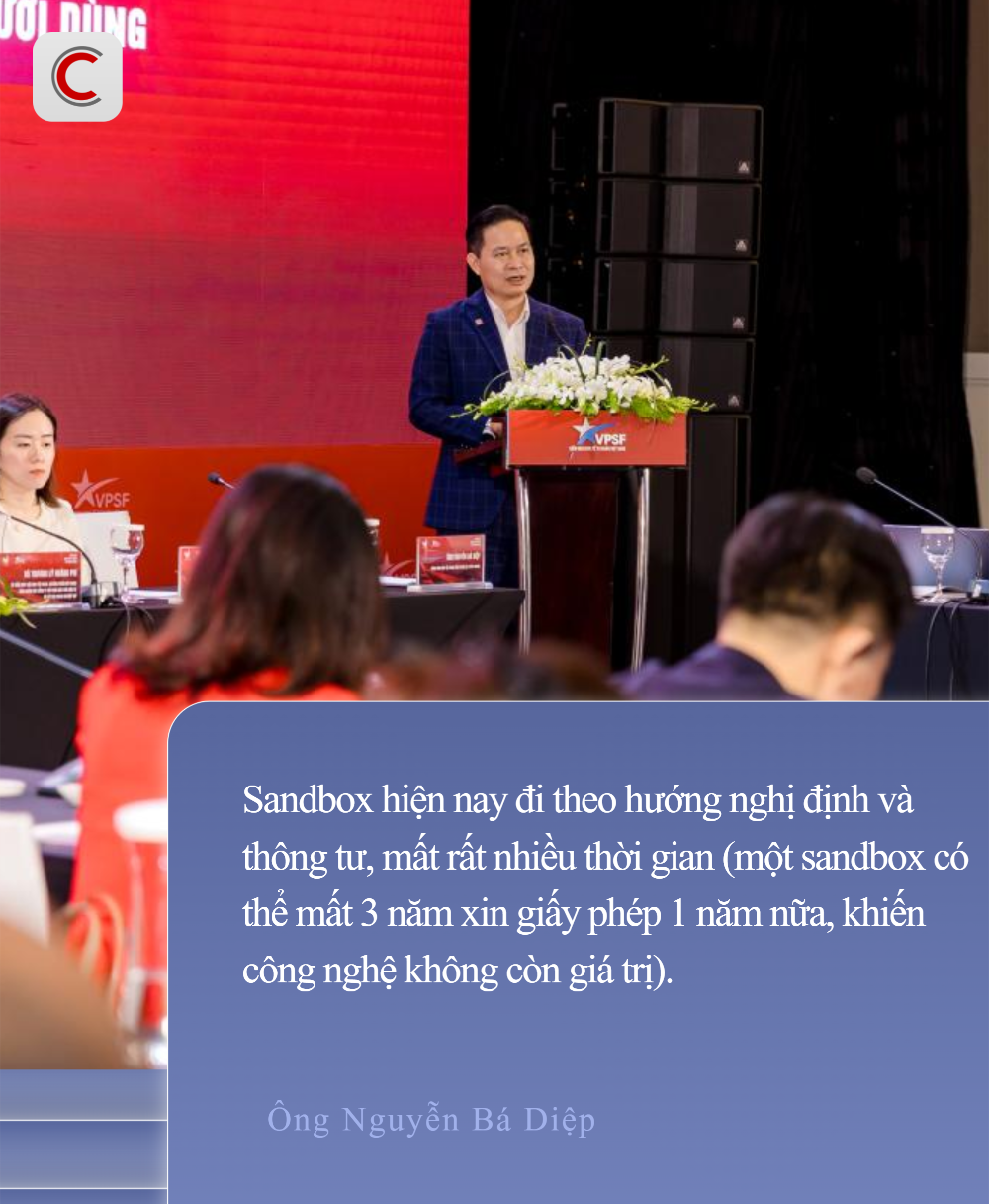
Digital Banking Development:
Mr. Diep noted that while Vietnamese fintech currently focuses on basic payments, future collaboration with banks could create digital banks offering essential services like deposits and small loans. This model, already successful in China and South Korea, combines fintech’s customer reach with banks’ capital and risk management expertise, benefiting low-income and underserved populations.
Regulatory Sandbox and Legal Framework:
Mr. Diep criticized the current sandbox approach, which involves lengthy approval processes. He proposed a regulatory sandbox allowing fintech companies to obtain experimental licenses within 1-2 months. Successful trials could lead to widespread implementation, as seen in South Korea’s balanced approach to innovation, risk monitoring, and consumer protection.
He urged the government to establish a single-door policy for sandbox management, expediting approvals and benefiting society.
Mr. Diep pointed out that fintech companies, as tech firms, require significant initial investment before breaking even. Current regulations demanding profitability and elimination of accumulated losses are restrictive. He called for the swift implementation of an IPO model for tech companies, enabling them to raise public funds for growth and development.
“Strengthening the Strategic Alliance: Sacombank-SBR and EzyRemit”
On August 26, 2025, Sacombank-SBR visited and worked with EzyRemit Worldwide at their representative office in Toronto during their business trip to Canada. The meeting aimed to strengthen the strategic partnership between the two parties and discuss ways to provide fast, secure, and cost-effective international money transfer solutions for the Vietnamese community in Canada.
“28 Banks and 4 Payment Intermediaries Linked with VNeID for Social Security Payments”
As of August 15, 2025, the banking sector had successfully acquired and cross-referenced over 123.9 million individual customer records with biometric data. An impressive 32 units have linked up with VNeID to facilitate social security payments, a testament to the industry’s commitment to efficient and secure transactions.











